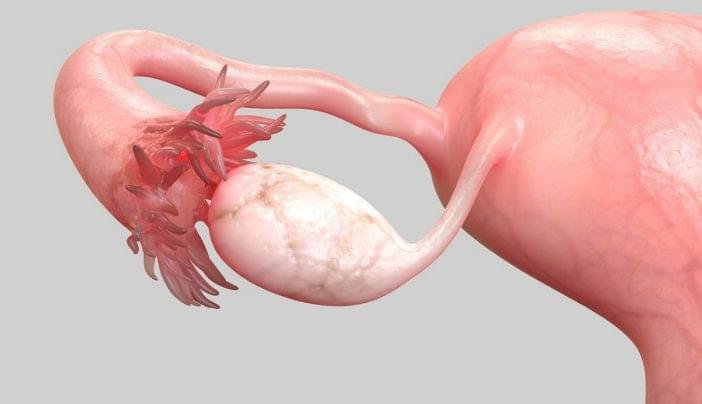A woman could have her fallopian tubes removed for any number of reasons. Sometimes, it’s necessary to treat an ectopic pregnancy or to resolve an infection caused by pelvic inflammatory disease. In other cases, it’s done as a form of permanent birth control.
But a growing body of evidence suggests that the distal fallopian tube — or flower-shaped section located nearest the ovary — is the site of many cases of high-grade serous ovarian cancer, the most common type of ovarian cancer and one of the most aggressive.
Research also suggests that an opportunistic salpingectomy — the complete removal of the fallopian tubes during an unrelated pelvic surgery — could help reduce the chances of one day developing ovarian cancer.










Comments are closed.